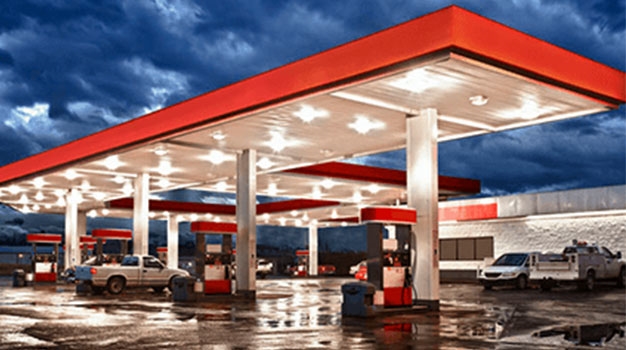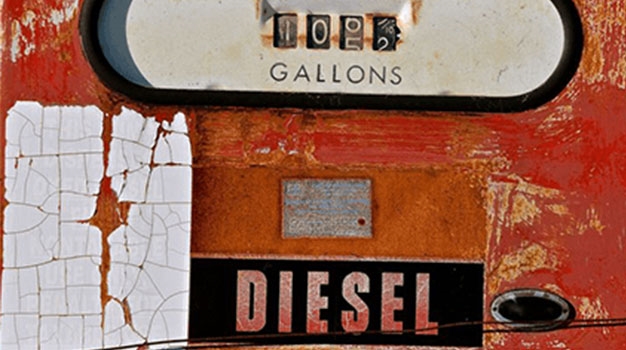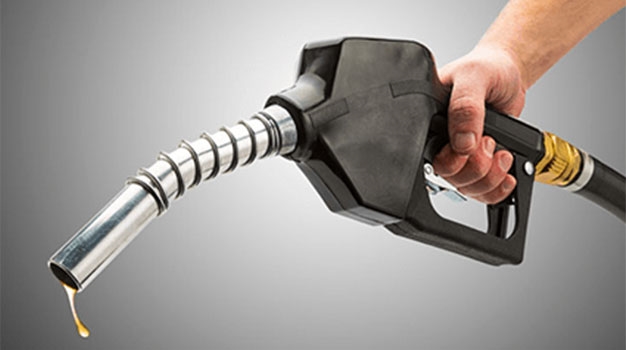
What kind of gas to run in your vehicle and where to get it is something every driver should consider. At least every driver that still relies on a gas-powered engine to get where they're going. While today's standards, regulations, and fuel refineries have nearly eliminated the problem of getting bad gas, there are still some things you should consider the next time your gas gauge gets low. Below, you'll find four tips about what kind of gas is best for your Subaru. If you have any questions, please give our authorized Subaru service center a call or simply swing by when it's convenient at 11635 SW Canyon Rd, Beaverton, OR 97005.
1. Choose TOP TIER™ Gas Whenever You Can
In the US today, most gasoline in a given region comes from the same refinery, regardless of which gas station is selling it. However, that doesn't always mean that all gasoline is the same by the time it gets to the gas station. While the EPA requires a base level of additives and cleaners in all US gasoline, additional additives and improvements are found in what's known as Top Tier Gas. This simply means that the supplier has taken the extra effort to ensure that their gasoline is among the best on the market. Whether you enjoy the benefits and efficiency of a Subaur BOXER engine or any other gas-powered vehicle, we recommend using top tier gas whenever possible.
2. What About Diesel?
Did you know that Subaru has been making a diesel BOXER® engine for some time now? It just isn't available in the United States, so you probably don't have to worry about filling your Subaru up with diesel. In fact, the brass at Subaru has indicated that they're going to stop making the diesel engine and instead focus on making electric vehicles. So, it's you're more likely to be plugging in a new Subaru than you are to be filling up with diesel.

3. Can I Use Ethanol In My Subaru?
Ethanol is a plant-based fuel that has less chemical energy compared to gasoline -- but it does have a much higher octane rating. To help reduce dependence on the oil supply, most of the gasoline sold in the United States is about 10% ethanol and only 90% pure gasoline. 10% ethanol has been found to be safe to use in virtually all modern cars with fuel injection technology.
That said, you'll now find a variety of other ethanol blends at the pump, including E85 FlexFuel and new blends like E15 and E30. The number that follows the E tells you what percentage of that fuel is ethanol. FlexFuel is up to 85% ethanol and just 15% gasoline; E30 is 30% ethanol.
To find out what ethanol blends are safe to use in your car, just check the owner's manual. For example, the owner's manual for the 2020 Subaru Outback indicates that the standard 2.5L engine has a 10% ethanol limit -- meaning you should only use regular gas. However, 2020 Subaru Outback models with the 2.4L turbocharged engine can safely use up to 15% ethanol. That means you can fill your 2020 Subaru Outback XT with E15 fuel without any issues.

4. Why Do Some Engines Need Premium Fuel?
When you approach a fuel pump at your local filling station, you'll probably find at least three different kinds of gas. Usually, they're separated into regular, mid-grade and premium gasoline. Premium gasoline has a higher octane rating compared to regular gas. The octane rating of a particular gas tells you how much it resists early detonation, a.k.a. engine knock.
On ordinary Subaru family vehicles like the Ascent and Forester, regular gas is all you'll need. However, the engines found in the Subaru BRZ, the Subaru WRX, and the Subaru WRX STI are built for higher compression with a powerful turbocharger -- as a result, regular fuel can be problematic in these engines. Instead, premium gas is required. Premium fuel is more stable and won't combust early inside high-performance engines.
If you're the type to "treat" your regular engine to a tank of premium fuel every so often, you might keep that extra cash in your pocket. Higher octane fuels don't burn cleaner or provide more power. If your car was designed to run on regular fuel, there's really no advantage to filling up with premium fuel.

Service Specials

Front or Rear Brakes
Front or Rear Brakes

Oil Change
No Appointment Needed

Brake Service Special
• Replace front or rear brake pads
• Replace rear brake shoes (extra if needed)
• Inspect front & rear discs & calipers
• Inspect rear drums & wheel cylinders
• Inspect brake lines, hoses & master cylinder
• Add brake fluid (as needed)
• Rotor turning/machine rotors or replacement extra (if needed)*

Oil Change Plus
How clean is your oil?
• Change engine oil (up to 5 quarts)
• Replace oil filter with a Genuine Subaru oil filter
• Top off all fluid levels
• Complete a multi-point vehicle inspection

CVT Service
Service Includes:
• Drain & replace transmission fluid
• Perform relearn operation
• Replace pan gasket if needed
• Check transmission operation

Battery Check
Includes: quick & accurate diagnostic battery test, results provided within minutes, performed conveniently while your vehicle is in for service.

Multi Point Inspection
Keep your Subaru in top condition. Let our Subaru trained Service Technicians perform a thorough multi-point inspection.

Alignment Special
Adjust toe-in front & rear to factory specifications. Check caster & camber, inspect shock absorbers/struts & suspension, inspect steering linkage, check & adjust tire pressure, inspect tires, and road-test vehicle.


